Attending the conference were comrade Tran Duc Thang - Member of the Party Central Committee, Acting Minister of Agriculture and Environment .
Comrade Phung Thanh Vinh - Member of the Provincial Party Committee, Vice Chairman of the Provincial People's Committee chaired the bridge point in Nghe An. Also attending were leaders of the Departments of Agriculture and Environment, Construction, Finance, Justice; Management Board of the Southeast Economic Zone, Inspection, Taxation of Nghe An province, and Land Development Fund of Nghe An province.
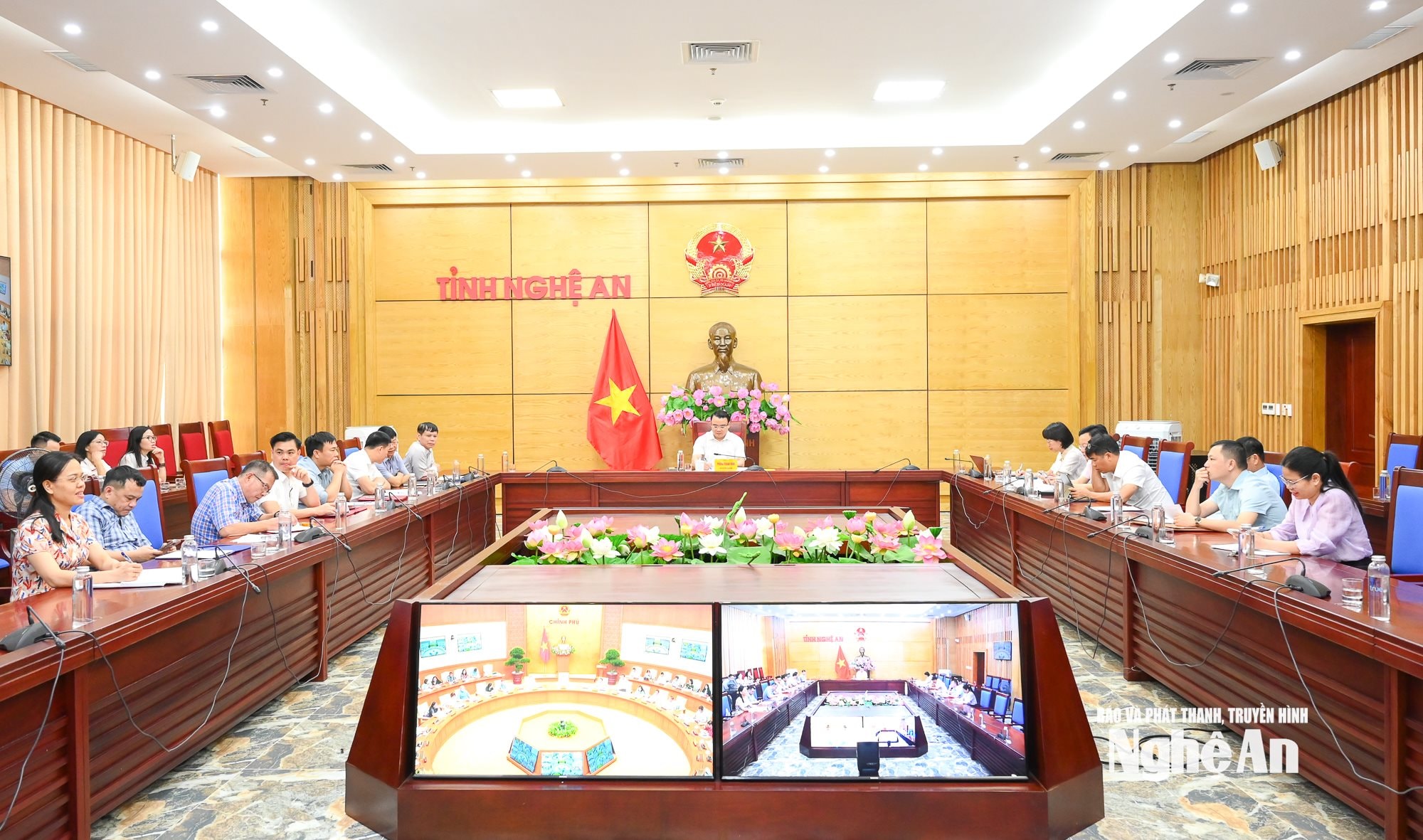
The Land Law 2024 was passed by the National Assembly on January 18, 2024 and took effect from August 1, 2024.
After nearly 1 year of implementation, the Law and its guiding documents have gradually come into effect, promoting effectiveness, and making positive contributions to socio-economic development, ensuring national defense and security. Many administrative procedures have been reformed and innovated; State management contents have been updated according to development requirements, contributing to the liberation of resources for the country.
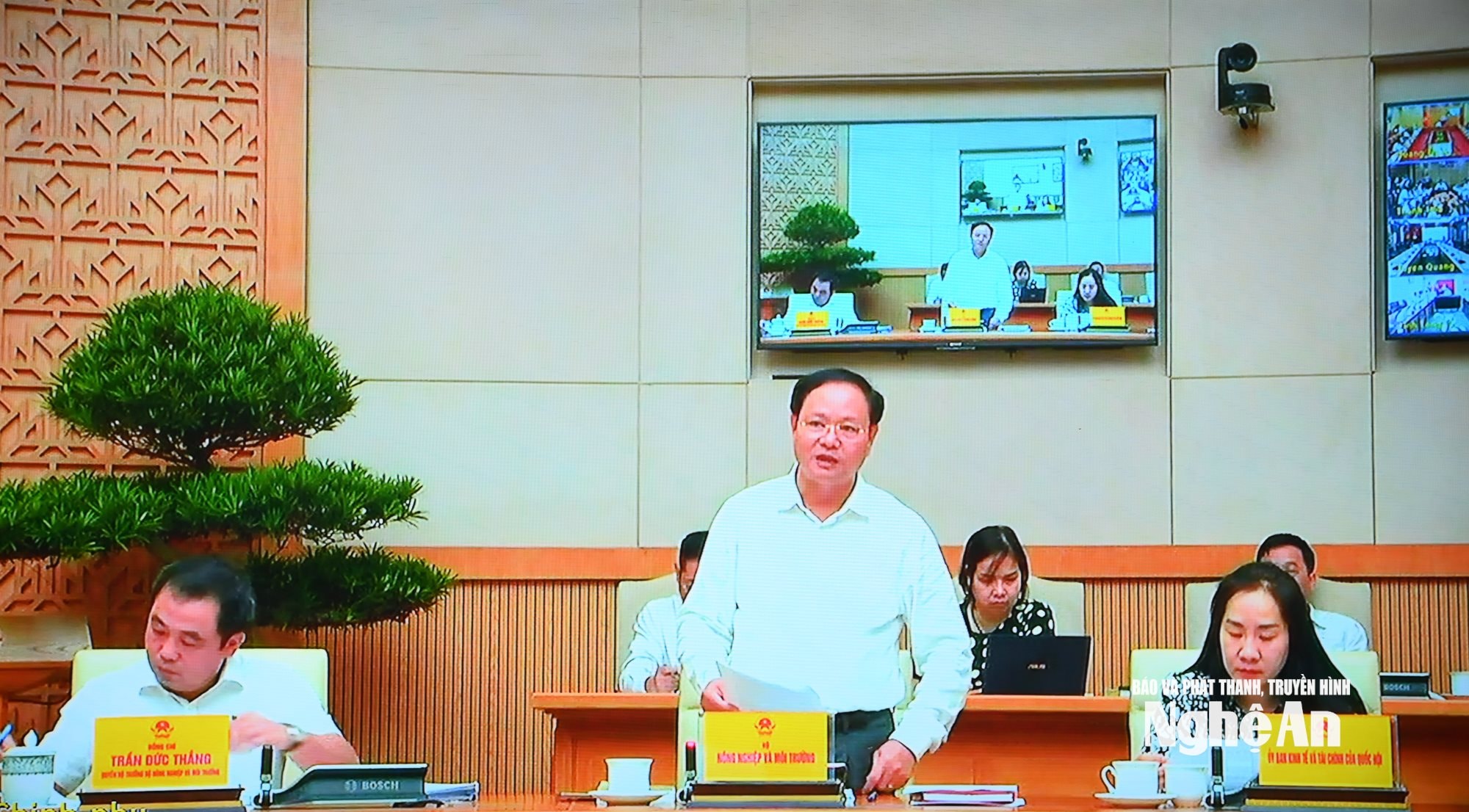
However, in the context of the country entering a new stage of development with increasingly high requirements, many Resolutions of the Politburo and the Party Central Committee have set out major orientations on socio-economics, national defense, security, international integration, and institutional development related to land management. Therefore, some provisions in the 2024 Land Law have revealed limitations and have not met practical requirements.
In particular, in the process of organizing and implementing the two-level local government model, some authorities of the district level have been transferred to the commune and provincial levels.
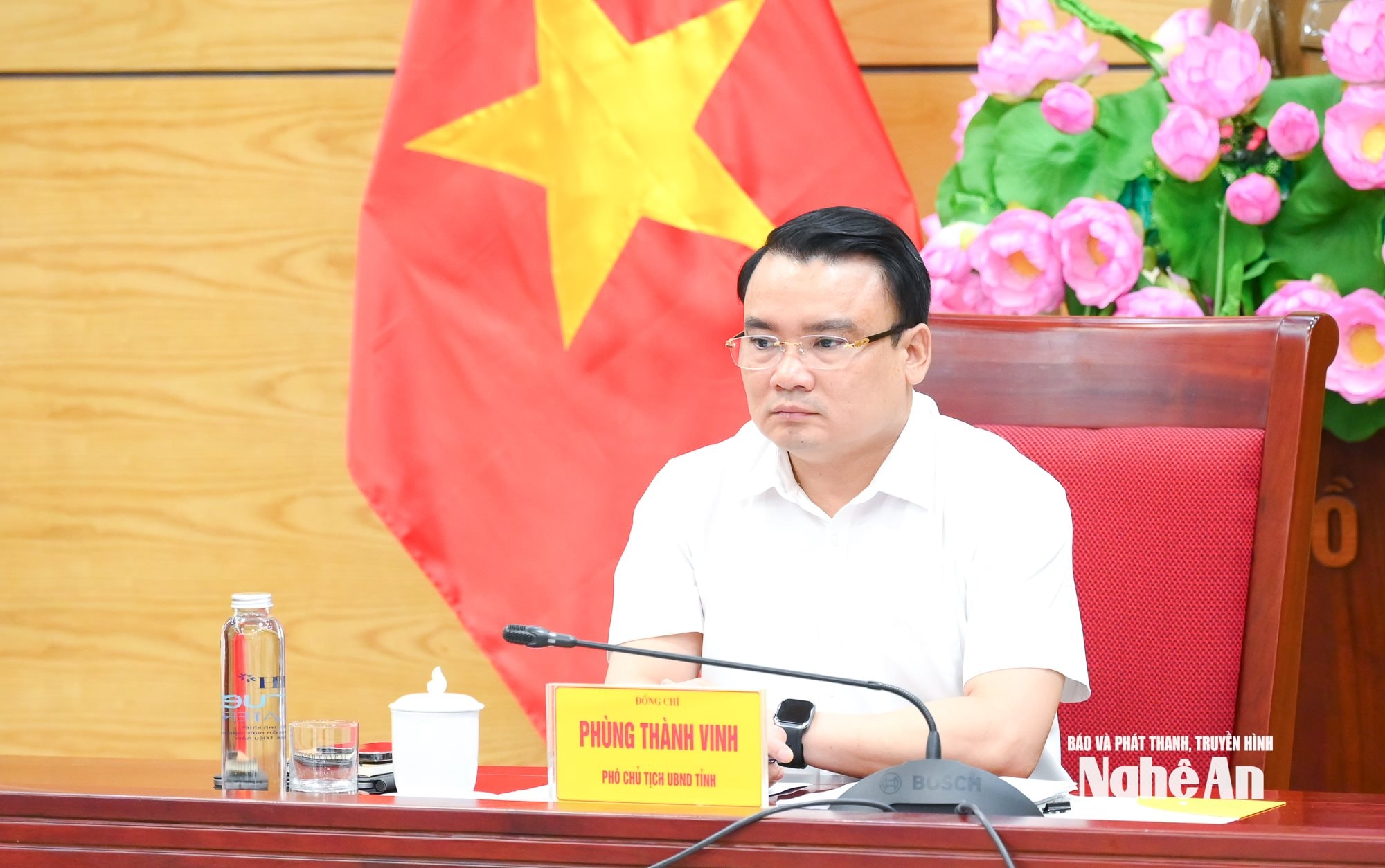
At the same time, the requirement to strengthen decentralization, delegation of power and administrative reform in the land sector continues to pose the task of amending and supplementing the current Land Law.
The amendment and supplementation of a number of articles of the Land Law aims to continue institutionalizing the Party's viewpoints and orientations, while at the same time, removing difficulties and obstacles in the process of organizing law enforcement, which is necessary to meet the requirements of socio-economic development of the country in the current period.
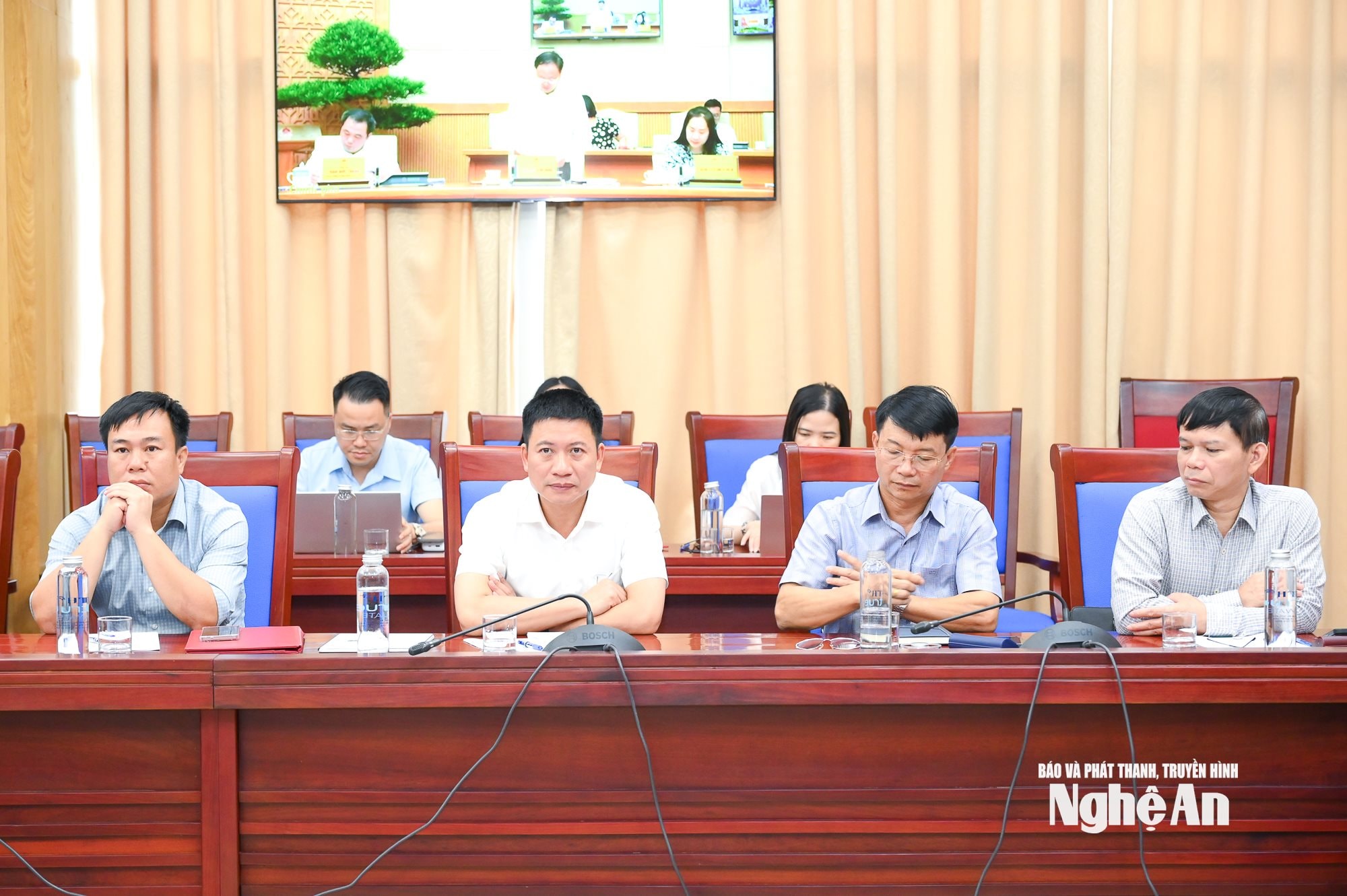
According to the Draft Amended Land Law, regulations on land use planning and plans at all three levels (central, provincial, communal) will be integrated into the overall planning system, linked to a 5-year cycle.
Regarding land allocation, land lease, and land use purpose conversion, the draft amendment restores the principle of the 2013 Land Law allowing land users to choose the form of land lease with one-time payment or annual payment; at the same time, they have the right to switch between these two forms.
Regarding land finance and land prices, the draft continues to affirm the principle that land prices must be close to market prices, ensuring fairness and transparency.
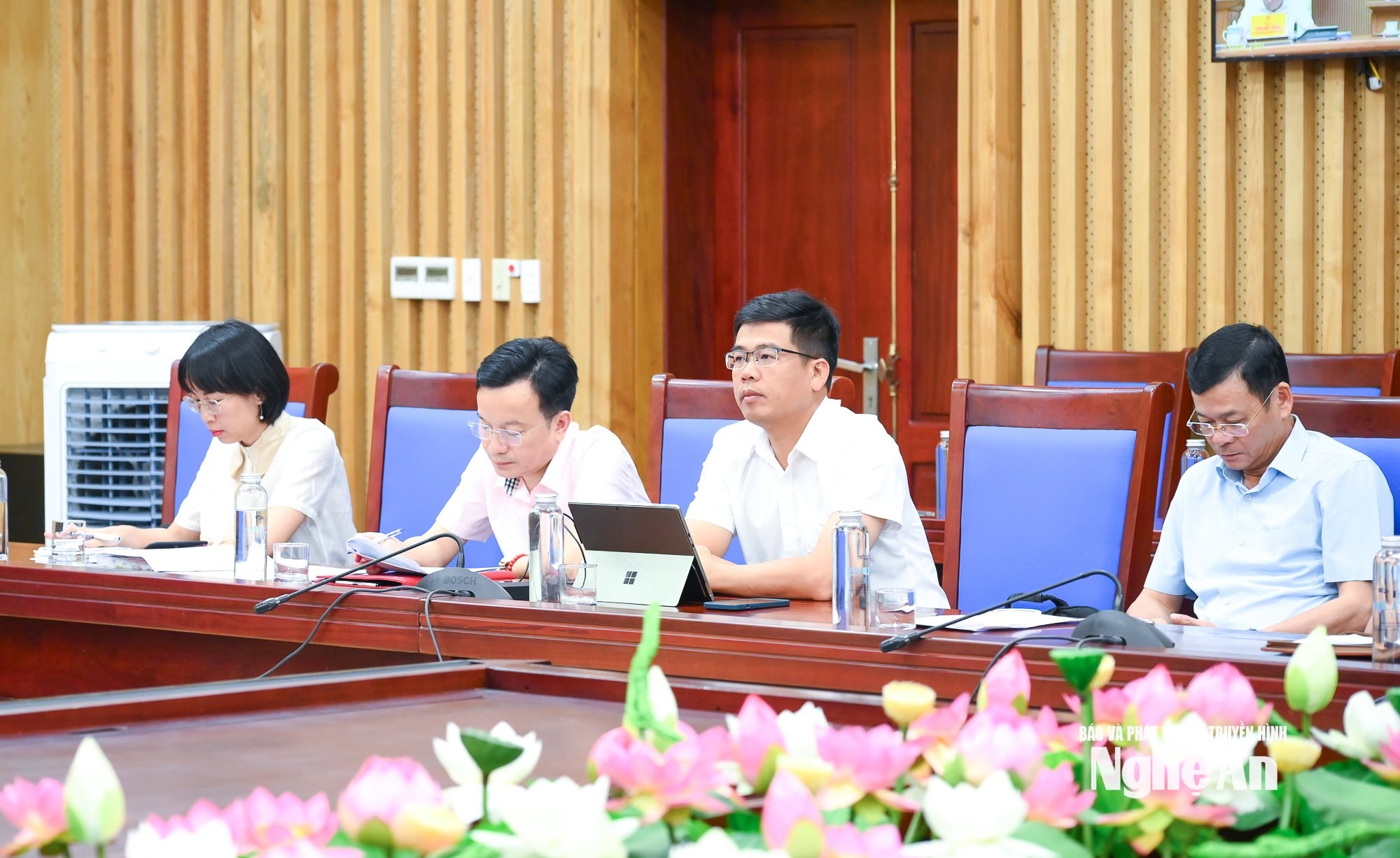
The State will decide on land prices and financial obligations for each type of land, apply multiple valuation methods, and at the same time, assign localities to proactively adjust land price coefficients in accordance with reality.
The draft also stipulates more clearly the rights of people when their land is recovered, ensuring fairness in compensation, support and resettlement...
At the Conference, delegates focused on contributing opinions to the draft Law, and at the same time, proposed amendments and supplements to a number of contents that are facing difficulties in implementation.
In his concluding remarks, Deputy Prime Minister Tran Hong Ha acknowledged and highly appreciated the comments of localities and requested the drafting agency to review, study and absorb them to improve the quality of the draft Law.
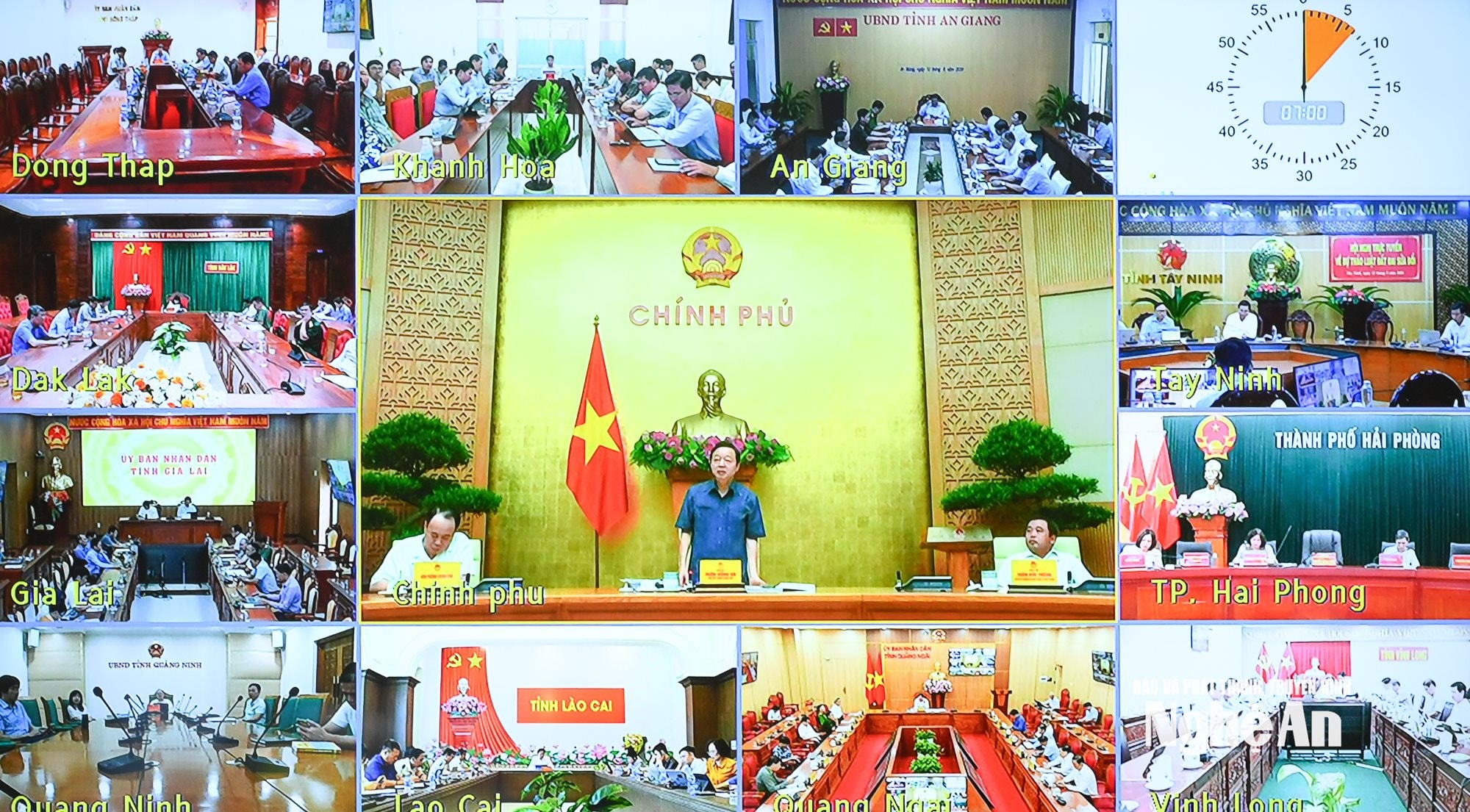
Regarding the draft revised Land Law, the Deputy Prime Minister requested that the drafting agency and localities pay attention to clarifying land ownership relationships according to the three-level government (commune, provincial and national levels), minimizing difficulties during implementation.
In addition, planning work needs to harmonize conservation and development; planning must be one step ahead, ensuring the relationship between planning spaces; and not imposing double taxes on land.
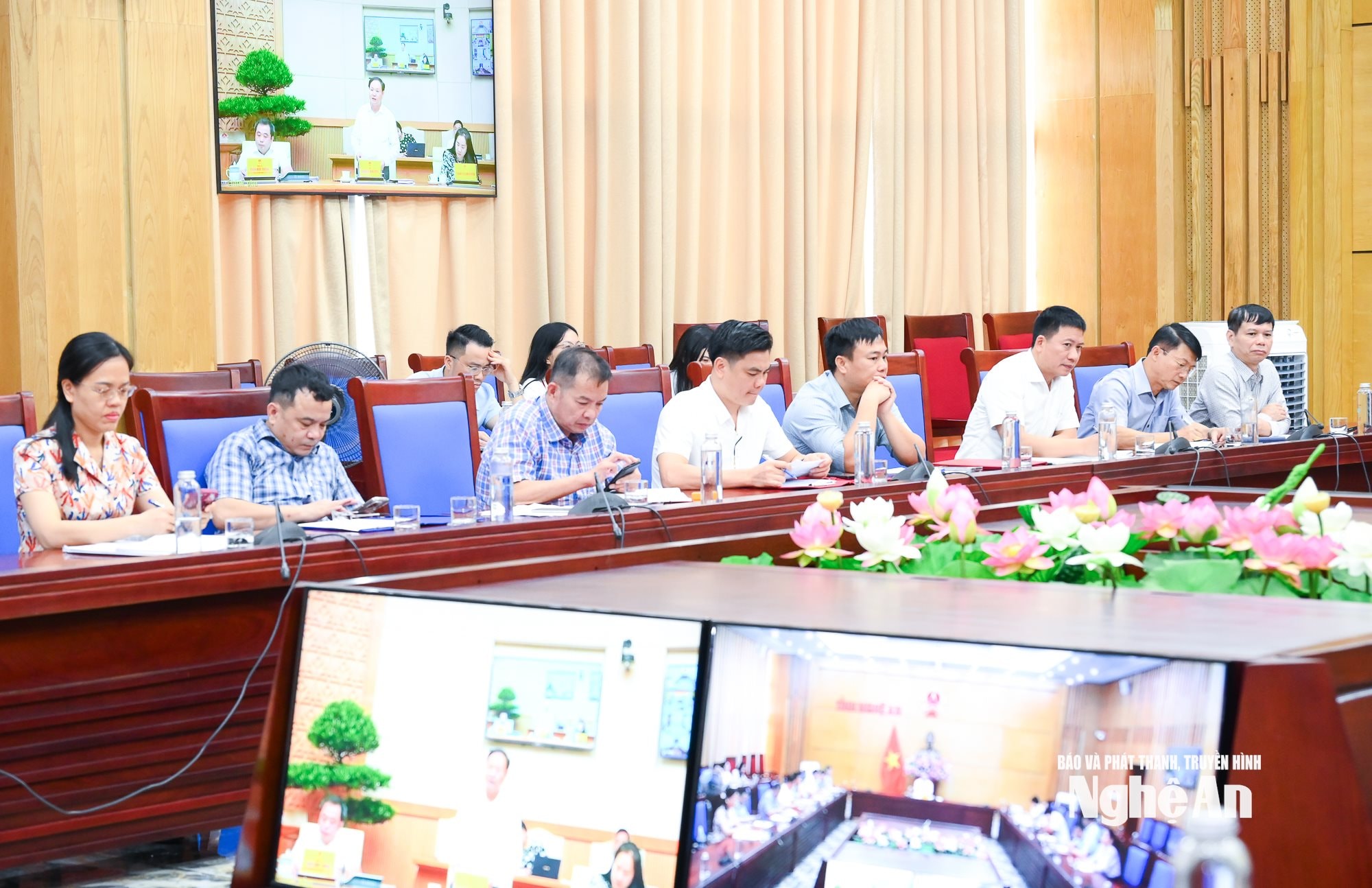
The Deputy Prime Minister also requested that the drafting agency and localities need to clearly define the criteria for delimiting areas requiring auctions and bidding for land use rights, thereby creating a basis for determining transparent and reasonable land prices.
At the same time, the State regulates land prices and can change them according to land data, but the adjustment coefficient needs to be stable to avoid disruption.
Source: https://baonghean.vn/khong-danh-thue-chong-thue-doi-voi-dat-dai-10304338.html



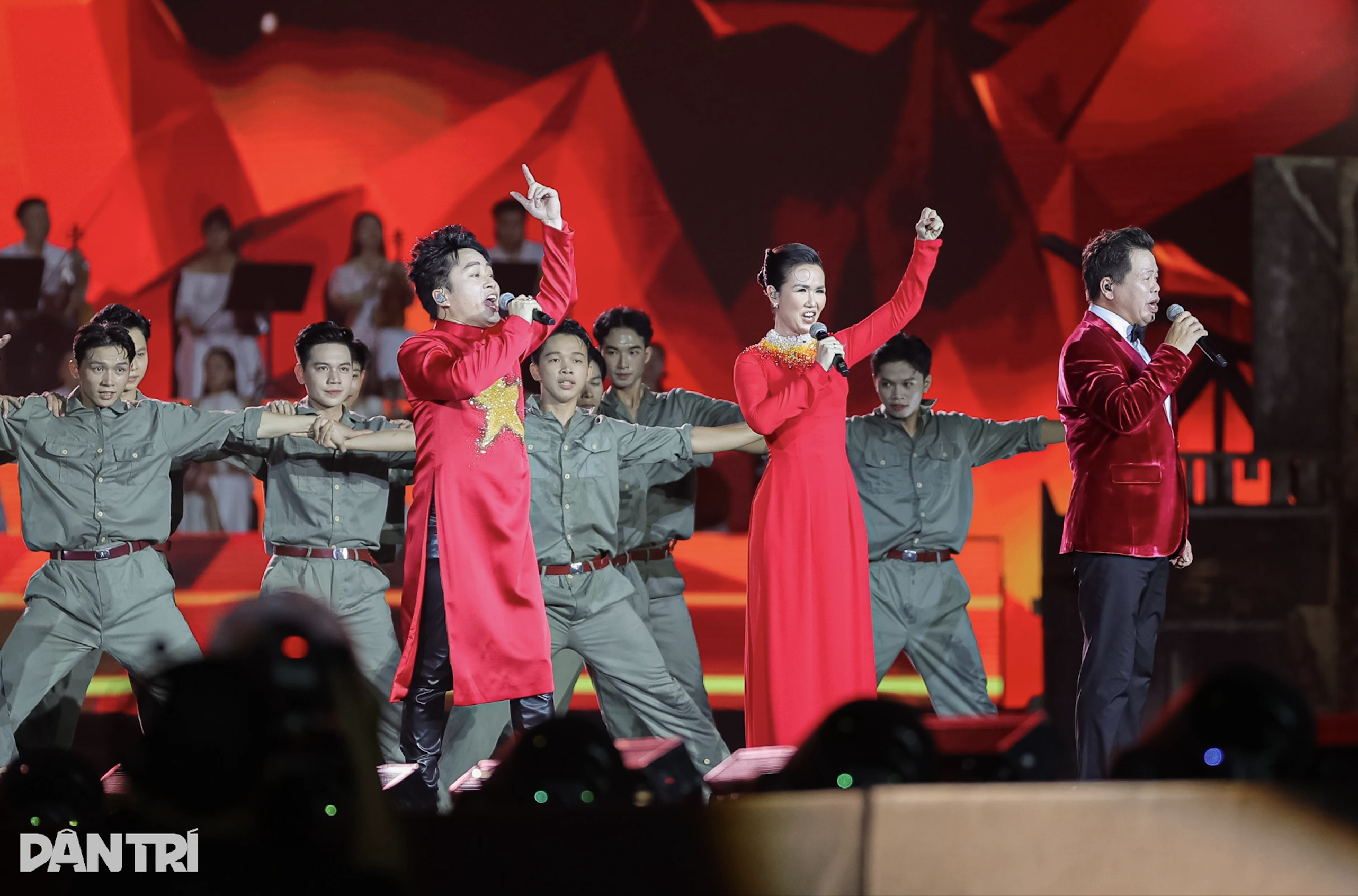



![[Photo] Prime Minister Pham Minh Chinh chairs the conference to review the 2024-2025 school year and deploy tasks for the 2025-2026 school year.](https://vstatic.vietnam.vn/vietnam/resource/IMAGE/2025/8/22/2ca5ed79ce6a46a1ac7706a42cefafae)
![[Photo] President Luong Cuong receives delegation of the Youth Committee of the Liberal Democratic Party of Japan](https://vstatic.vietnam.vn/vietnam/resource/IMAGE/2025/8/22/2632d7f5cf4f4a8e90ce5f5e1989194a)


















































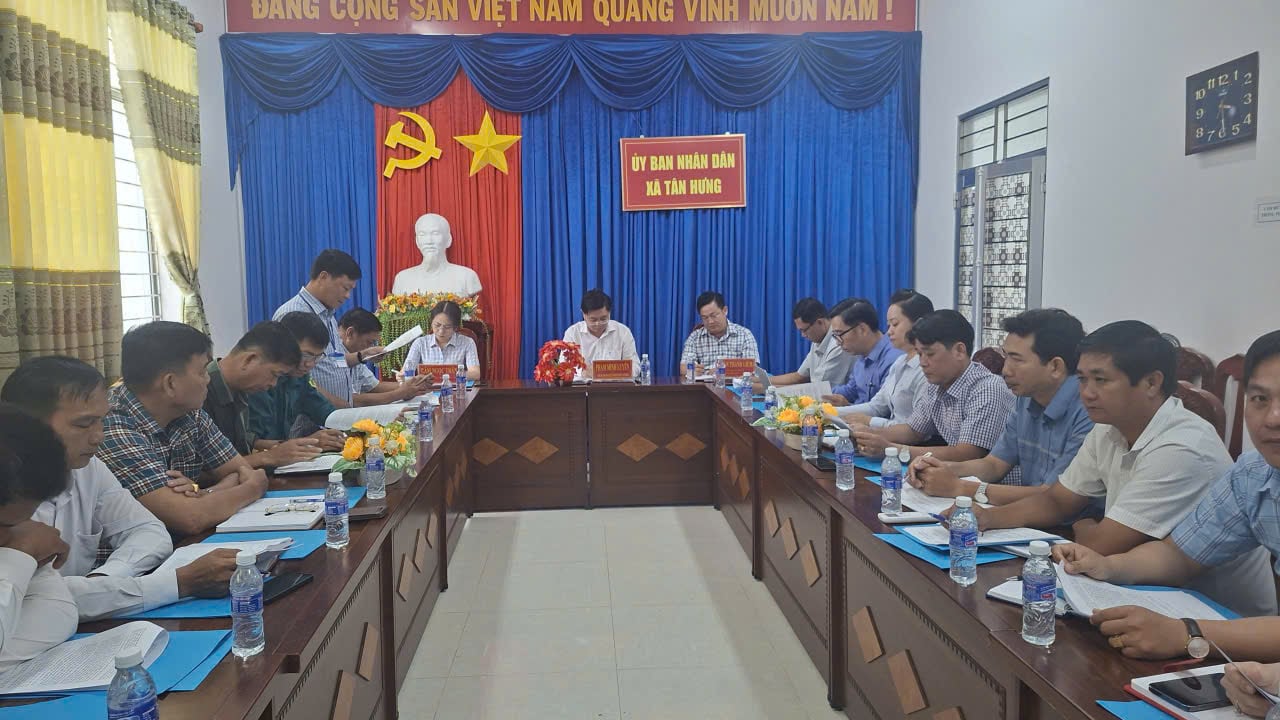
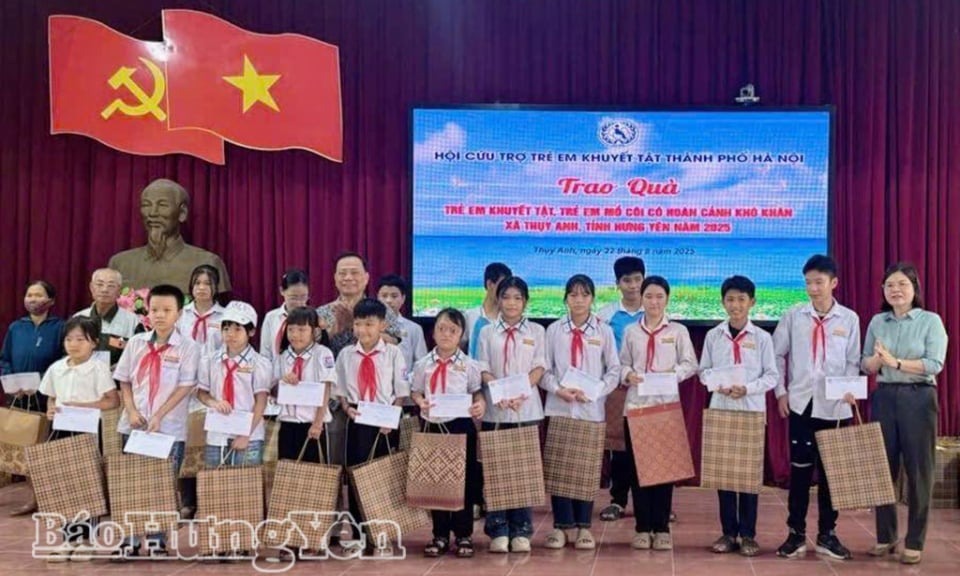

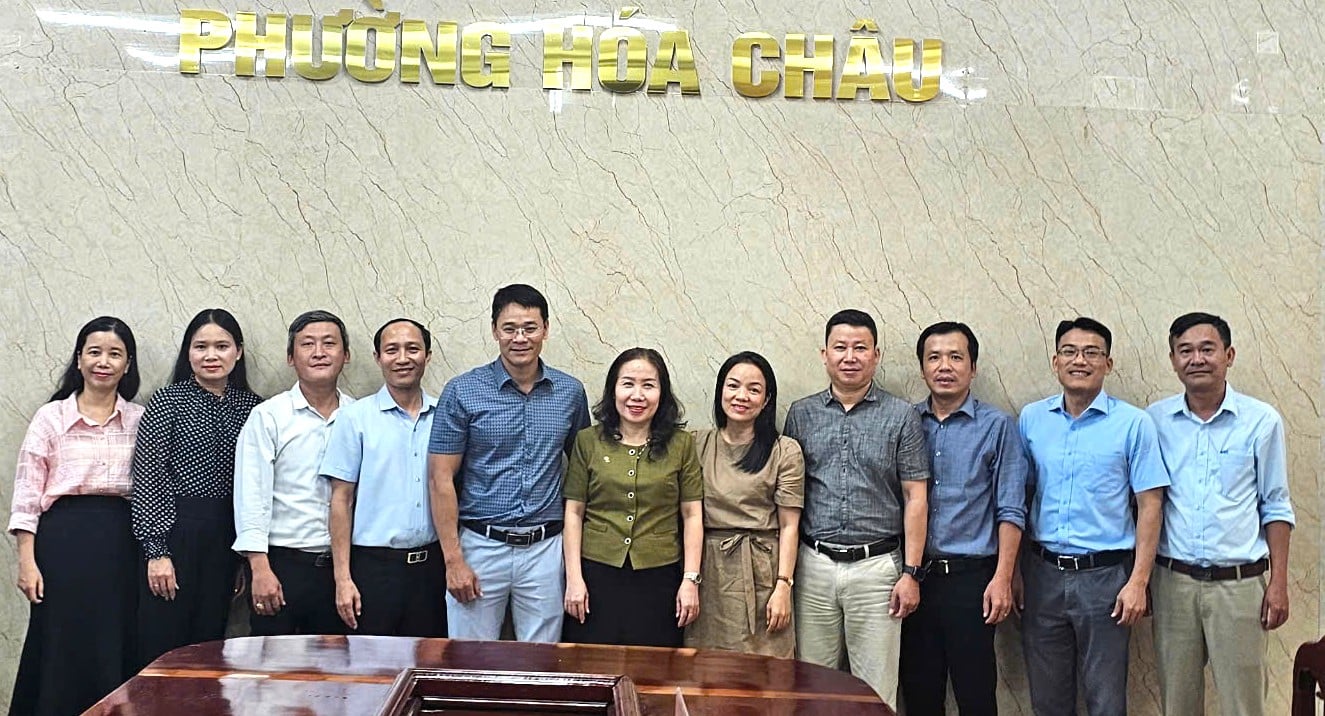

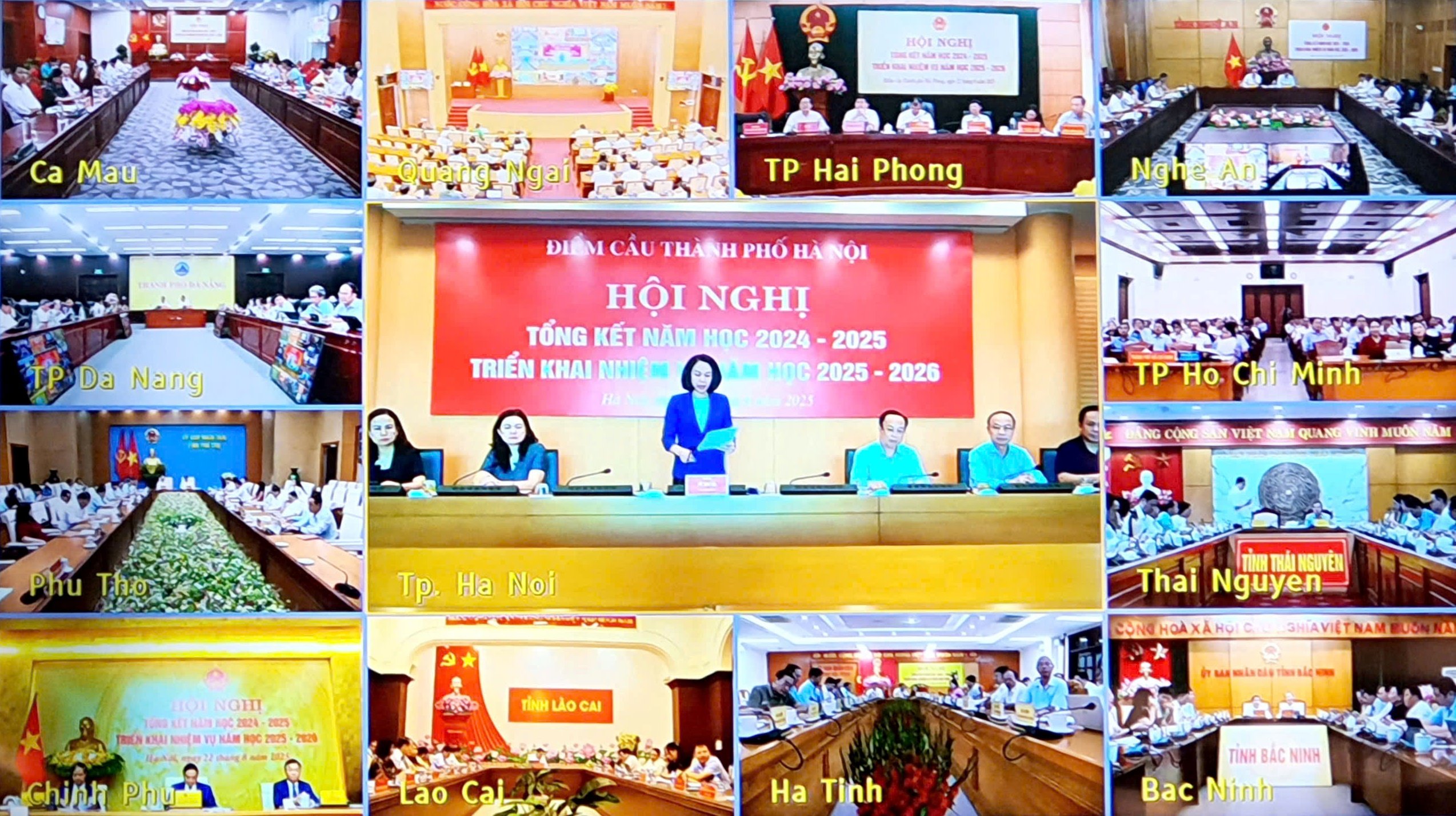

















Comment (0)